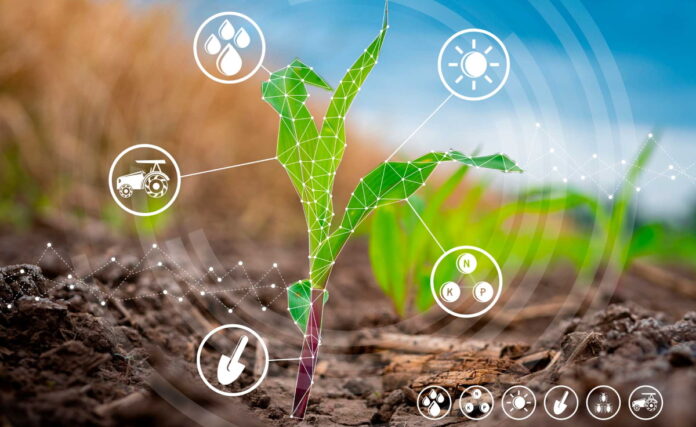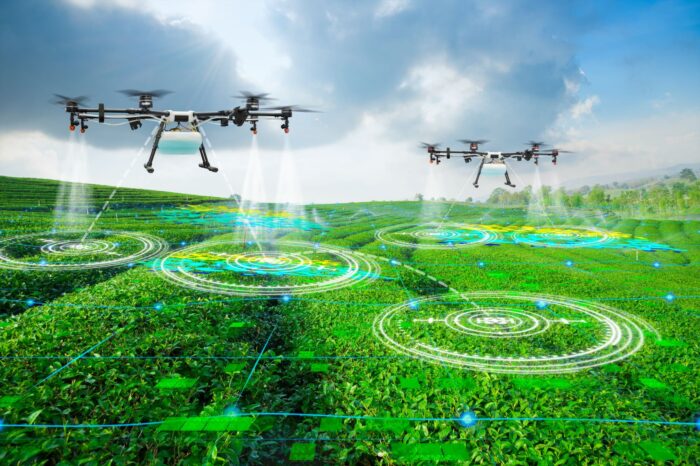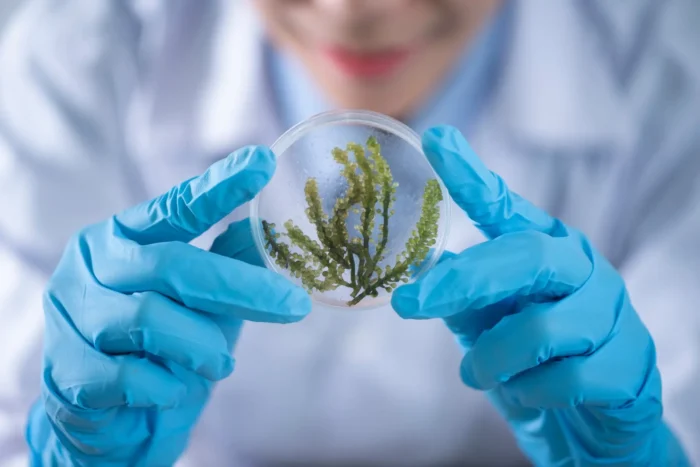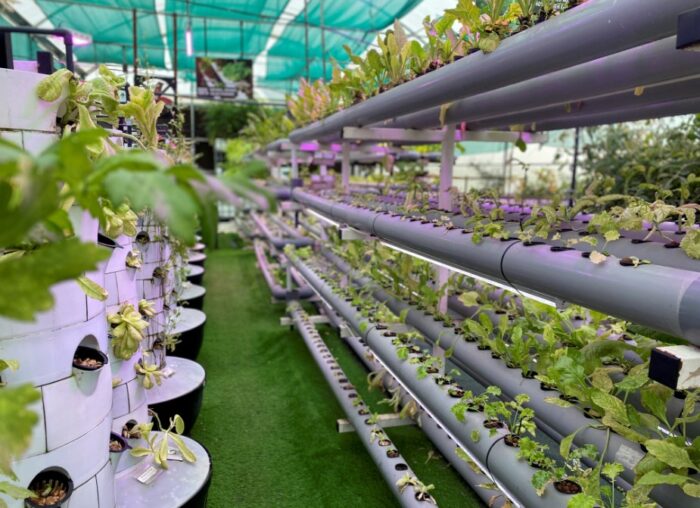
Agriculture, one of the oldest human activities, is undergoing a revolutionary transformation. This transformation is driven by the urgent need for sustainability in the face of a rapidly changing climate and growing global population.
In this blog post, we will delve into the innovative trends reshaping agriculture, making it more sustainable, efficient, and productive.
The Rise of Precision Agriculture

Introduction to Precision Agriculture
Precision agriculture represents a paradigm shift in farming practices. It involves using technology to precisely manage fields and crops, ensuring maximum efficiency and minimal waste.
Technological Integration in Farming
Central to precision agriculture is the integration of advanced technologies like GPS, drones, and AI. These tools enable farmers to monitor crop health, soil conditions, and weather patterns in real time. By analyzing this data, farmers can make informed decisions, such as where to apply fertilizers and how much water to use, leading to more efficient resource use.
Impact on Sustainability
Precision agriculture marks a substantial stride towards environmental sustainability in farming. By harnessing technology to optimize resource utilization, it drastically cuts down on water usage and chemical runoff, two primary pollutants in traditional agriculture. This methodical approach ensures that resources are used only where and when they are needed, thereby minimizing waste and environmental degradation.
Furthermore, precision agriculture plays a pivotal role in preserving soil health. By avoiding the overuse of chemicals and promoting balanced nutrient management, it maintains soil vitality, which is essential for sustainable crop production.
Harnessing the Power of Biotechnology

Introduction to Agricultural Biotechnology
Biotechnology in agriculture involves using biological processes and organisms to improve crop productivity and resistance to pests and diseases.
Genetic Modification and CRISPR
Genetic modification has been a controversial but transformative aspect of biotechnology. However, the advent of CRISPR technology has changed the narrative. CRISPR allows for more precise gene editing, enabling the development of crops that are more resistant to environmental stresses and require fewer chemical inputs.
Biofertilizers and Biopesticides
Biofertilizers and biopesticides, incorporating biopolymers, represent a significant biotechnological breakthrough. These natural alternatives to chemical fertilizers and pesticides not only reduce environmental harm but also help maintain soil health and microbial balance. The use of biopolymers in these products enhances their effectiveness and sustainability, providing a greener solution for agriculture.
Embracing Sustainable Practices

Introduction to Sustainable Farming Practices
Sustainable farming practices are about creating a harmonious balance between agricultural productivity and environmental preservation.
Agroecology and Permaculture
Agroecology combines traditional knowledge with modern science to create ecologically sound and sustainable agricultural systems. Permaculture, on the other hand, emphasizes the design of agricultural landscapes that mimic natural ecosystems, leading to greater biodiversity and ecosystem health.
Climate-Smart Agriculture
Climate-smart agriculture focuses on increasing agricultural productivity in an environmentally and socially sustainable way. It encompasses practices that help in adapting to and mitigating climate change effects, like crop rotation, conservation tillage, and integrated pest management.
Conclusion
The future of agriculture lies in embracing these innovative trends. Not only do they promise increased efficiency and productivity, but they also ensure the preservation of our planet for future generations. By investing in and adopting these technologies and practices, we can transform agriculture into a sustainable, resilient, and productive sector.








